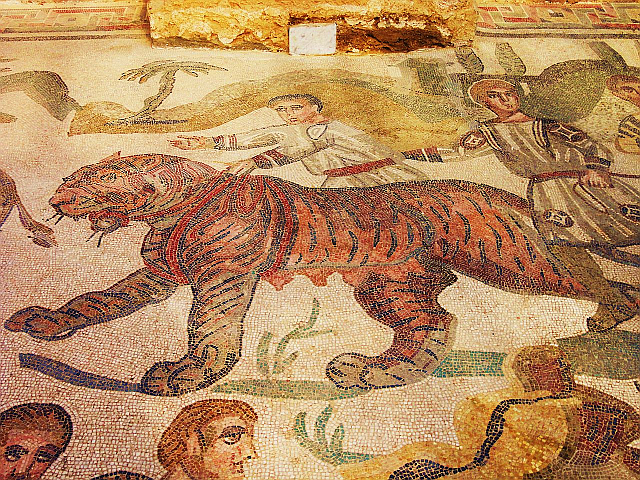From BBC:
The Athenian experiment is notable not merely for the talents it produced: three of the greatest tragedians – Aeschylus, Sophocles, Euripides – and one of the finest comedians, Aristophanes. Its achievement lies in the social imagination of the city itself, which empowered individuals to be both critical and creative. Everyday citizens became discerning judges, whose deliberations and verdicts challenge our preconceptions about popular culture.
Performances took place during a five-day religious festival called the Dionysia, named after the god of wine, associated with the loosening of tongues. Poorer citizens received a public subsidy to attend, and productions were funded by a super-tax on wealthy patrons. Ten citizen judges were selected randomly by lot, from a committee drawn from every corner of the city. Of their ten votes, five were chosen at random, and tallied accordingly. Yet the judges were careful to consider the opinions of the thousands of citizens in attendance – not least because judges could be impeached the following day.
By the standards of modern consumer democracy, we might expect the plays to be crudely populist appeals to the lowest common denominator – simplistic, chauvinistic and jingoistic. But the citizens consistently rewarded productions that challenged them ideologically and excelled artistically. Prize-winning plays articulated the pleas of the un-represented – women, exiles, foreigners – and provided a rare space for the expression of unfiltered emotion. More . . .
The Athenian experiment is notable not merely for the talents it produced: three of the greatest tragedians – Aeschylus, Sophocles, Euripides – and one of the finest comedians, Aristophanes. Its achievement lies in the social imagination of the city itself, which empowered individuals to be both critical and creative. Everyday citizens became discerning judges, whose deliberations and verdicts challenge our preconceptions about popular culture.
Performances took place during a five-day religious festival called the Dionysia, named after the god of wine, associated with the loosening of tongues. Poorer citizens received a public subsidy to attend, and productions were funded by a super-tax on wealthy patrons. Ten citizen judges were selected randomly by lot, from a committee drawn from every corner of the city. Of their ten votes, five were chosen at random, and tallied accordingly. Yet the judges were careful to consider the opinions of the thousands of citizens in attendance – not least because judges could be impeached the following day.
By the standards of modern consumer democracy, we might expect the plays to be crudely populist appeals to the lowest common denominator – simplistic, chauvinistic and jingoistic. But the citizens consistently rewarded productions that challenged them ideologically and excelled artistically. Prize-winning plays articulated the pleas of the un-represented – women, exiles, foreigners – and provided a rare space for the expression of unfiltered emotion. More . . .

